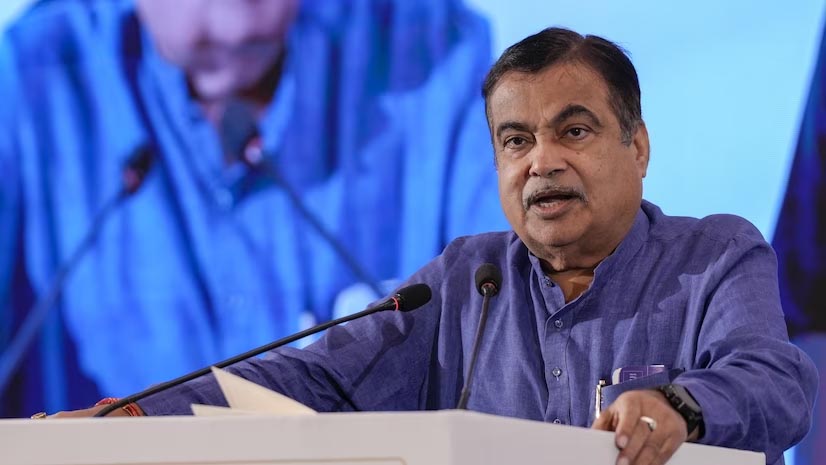NEW DELHI, Dec 10: Union Minister Nitin Gadkari expressed optimism on Tuesday that India’s automobile sector is set to achieve the top global position within the next five years. He also shared his ministry’s ambitious goal to reduce logistics costs in India to 9 percent within a two-year timeframe.
During the Amazon Smbhav Summit, the Road Transport and Highways Minister highlighted the impressive growth of India’s automobile industry, which he noted has increased from Rs 7 lakh crore to Rs 22 lakh crore since he assumed office.
“Currently, the USA leads with Rs 78 lakh crore, followed by China with Rs 47 lakh crore, while India stands at Rs 22 lakh crore. I am confident that in five years, we aim to position the Indian automobile industry as the world’s number one,” he declared.
The minister pointed out that the presence of leading global automobile brands in India is a clear testament to the country’s potential.
He further elaborated on his ministry’s goal to bring down logistics costs in India to a single-digit figure within two years.
“Logistics costs in India are at 16 percent, compared to 8 percent in China and around 12 percent in the USA and European nations. The government is committed to reducing these costs, and in my ministry, we have set the target of lowering logistics expenses to 9 percent within two years,” he stated.
Gadkari detailed various projects aimed at significantly reducing travel times between key cities. He mentioned that the trip from Delhi to Dehradun, which currently takes approximately nine hours, will be cut down to just two hours by January 2025. He also noted that travel durations between Delhi-Mumbai and Chennai-Bengaluru are expected to be notably shortened.
He emphasized the necessity of embracing alternative fuels and biofuels, asserting that the use of bio-ethanol in vehicles could yield considerable savings on fuel costs while simultaneously mitigating pollution.
Gadkari also discussed plans to transform organic waste into hydrogen fuel and other valuable resources using advanced recycling technologies.
He noted that Delhi produces a significant amount of municipal waste, with only 80 lakh tons being utilized presently.
“Our concept is to extract hydrogen from organic waste. By segregating waste, we can obtain petrol, plastics, metals, and glass. The recycling of all these materials is feasible.
Additionally, there exists a technology that enables us to use this waste to generate green hydrogen,” he concluded. (PTI)


Leave a Reply